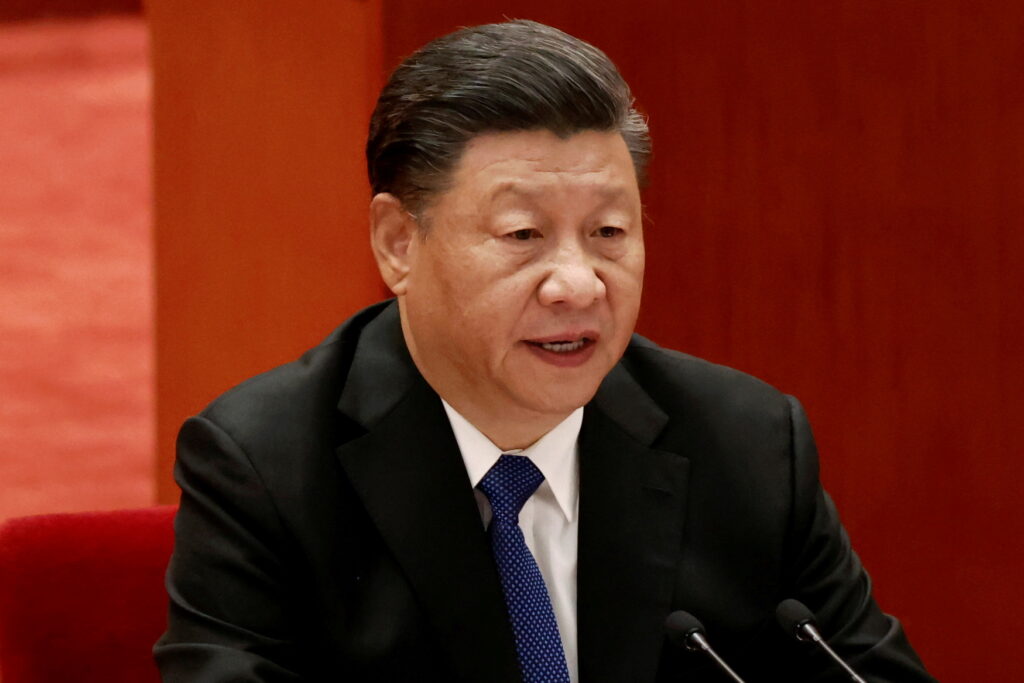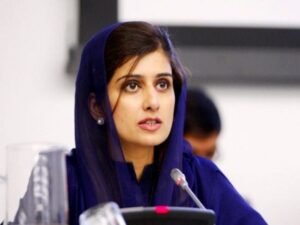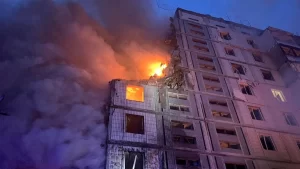At BRICS Summit, Xi Jinping Warns Against “Expanding” Military Ties

At BRICS Summit, Xi Jinping Warns Against "Expanding" Military Ties
Chinese President Xi Jinping warned to “expand” military relations on Wednesday in a speech ahead of the virtual peak meeting with top leaders from Russia, India, Brazil and South Africa.
Beijing hosted an influential BRICS club meeting, which contributed more than 40 percent of the global population and almost a quarter of the world’s gross domestic product.
Three members – China, India, and South Africa – have not voted at the UN resolution that condemned the Russian invasion of Ukraine.
XI told the BRICS Business Forum that “the Ukraine crisis is … a nickname” and warns about “expanding military alliances and seeking its own security at the expense of other countries’ security”.
China and India have strong military relations with Russia and buy large amounts of oil and gas.
In a call last week, Xi convinced Russian colleague Vladimir Putin that China would support Moscow’s core interests in “Sovereignty and Security” – making the United States warn Beijing that they were at risk of ending “on the wrong historical side”.
South Africa, one of the few African countries that holds diplomatic influences outside the continent, also does not condemn the Russian military action.
Xi swiped US sanctions and the European Union against Russia in the speech on Wednesday, “Sanctions are backfire and two -edged swords”.
The leaders of the Seven Country Group (G7) will meet next week in Germany to discuss how to continue sanctions against Russia.
– ‘divided world’
The BRICS Summit took place when Russian troops continued to beat East Ukraine after attacking the country four months ago.
China and India both increased the import of crude oil from Russia, to help compensate for losses from Western countries that scattered the purchase of Russian energy.
India bought Russian oil six times more than March to being compared with the same period last year, while imports by China during that period three times, data from the Rystad Energy research company showed.
After a bitter cold war rival, Beijing and Moscow have increased cooperation in recent years.
President Putin was in Beijing for the opening ceremony of the Winter Olympiad in February, only a few days before the Ukraine invasion began.
Beijing and Moscow also flew a bomber over the Japanese Sea and the East China Sea while US President Joe Biden was in Tokyo at the end of May – signifying strong military relations between the two countries.
“The world has been divided into East and West after the Ukraine War,” Manoj Joshi, a Delhi -based geopolitical writer and commentator, told AFP.
He added that BRICS provided a platform for Putin to stand with leaders from developing countries.
“This sent a message to the US and the European Union that they had not succeeded in isolate him and Russia,” he said.
Analysts say that Beijing will use the Summit to promote its governance and development models during global instability.
China said at the meeting of the Minister of Foreign Affairs BRICS in May that they wanted other developing economies to join the grouping, although it was unclear whether new members had been invited.
“Beijing wants to form the BRICS agenda in line with … China-centric initiative,” said Madhu Bhalla, Professor and Editor of the Indian quarterly journal.
“The entry of other members … who follow the Chinese line will help direct the group’s agenda closer to the Chinese agenda,” he said.








